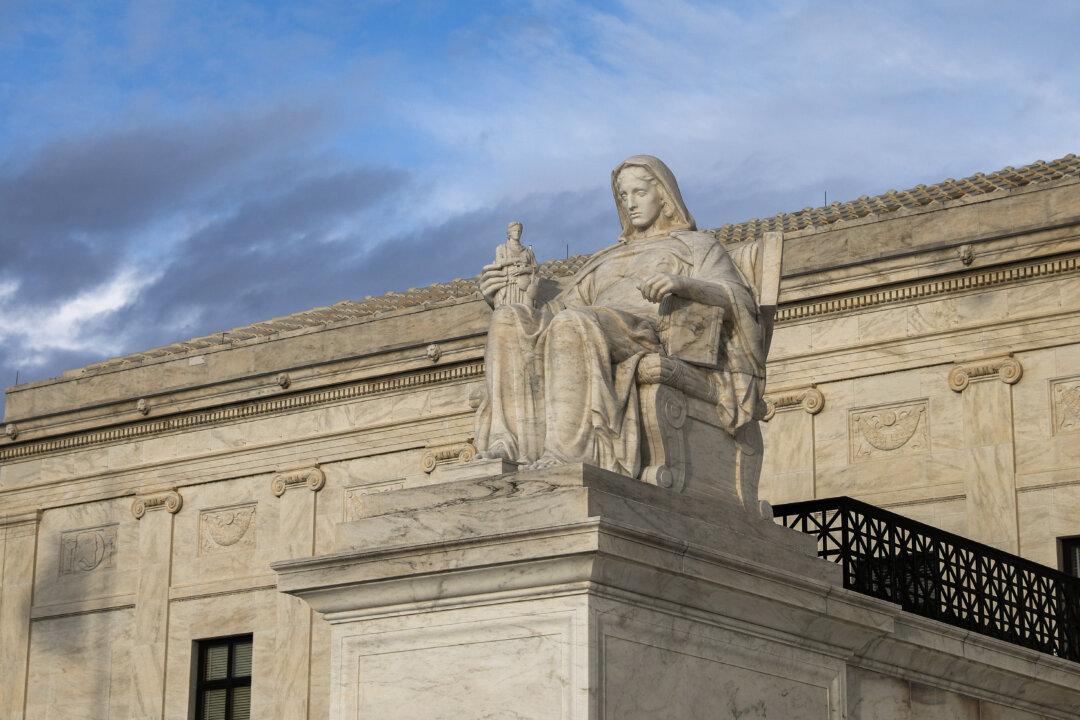The Supreme Court on June 15 rejected to hear the Trump administration’s request to strike down several provisions of a California “sanctuary” law that limits the cooperation between state and local law enforcement and federal immigration agents.
The Trump administration appealed to the high court after lower courts refused to enjoin several provisions of the California Values Act, or Senate Bill 54 (SB 54).




